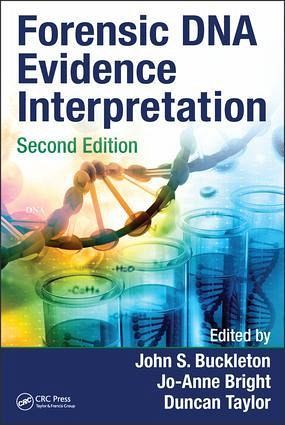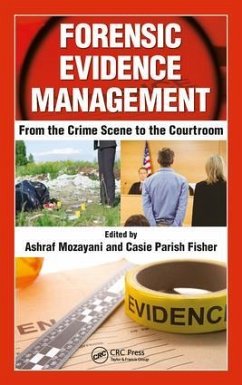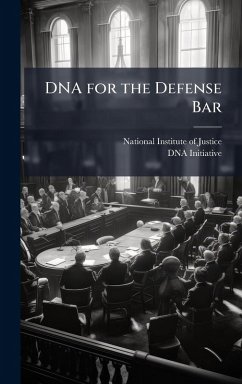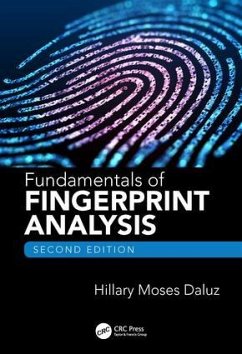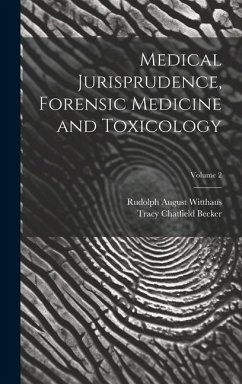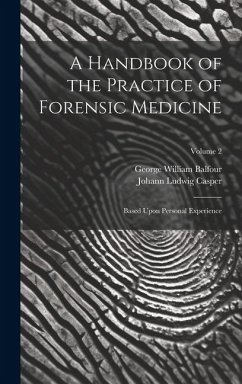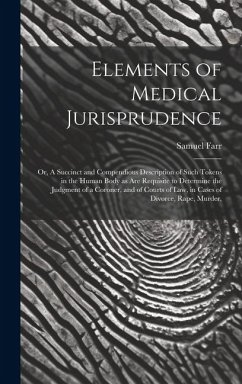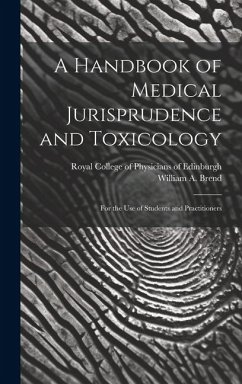John S. Buckleton earned his PhD and DSc from the University of Auckland, New Zealand. He is a fellow of the Royal Society of New Zealand, a member of the Scientific Working Group on DNA Analysis Methods and is on the International Society for Forensic Genetics DNA Commission. His caseworking experience covers 32 years in the United Kingdom, United States, Australia and New Zealand. He has examined over 2000 cases and testified possibly over 200 times. He has coauthored over 170 significant publications in the forensic field and presented DNA and glass courses in the United Kingdom, United States, Australia, Asia and New Zealand. He has supervised four PhD students in forensic interpretation and been involved in international research and development programmes in forensic interpretation of glass and DNA, including expert systems. Jo-Anne Bright is a science leader at the Institute of Environmental Science and Research Limited in Auckland, New Zealand. She has 16 years of experience in casework and quality management within the forensic biology laboratory. She earned her PhD in forensic science from the University of Auckland, New Zealand. She has over 50 publications on forensic DNA analysis and interpretation. She is also a co-developer of the DNA profile interpretation software STRmix and has undertaken many presentations and workshops on DNA profile interpretation in Australasia, the United States and Europe. Duncan Taylor is the principal scientist of forensic statistics at Forensic Science SA, Adelaide, Australia. He earned his PhD in molecular biology and a diploma in biostatistics, and has worked in the forensic field for over a decade. He has produced numerous DNA reports and presented evidence in magisterial and district courts in Australian states, as well as in the Supreme Court of Australia. He is a member of the Australasian Statistics Scientific Working Group and the Scientific Working Group on DNA Analysis Methods for Y-STRs and has published a number of works in both areas. He is also one of the developers of STRmix, a DNA interpretation software being used in forensic labs in Australia and New Zealand. He is an associate professor of biology at Flinders University, Bedford Park, Australia, and supervises honours and PhD students.
